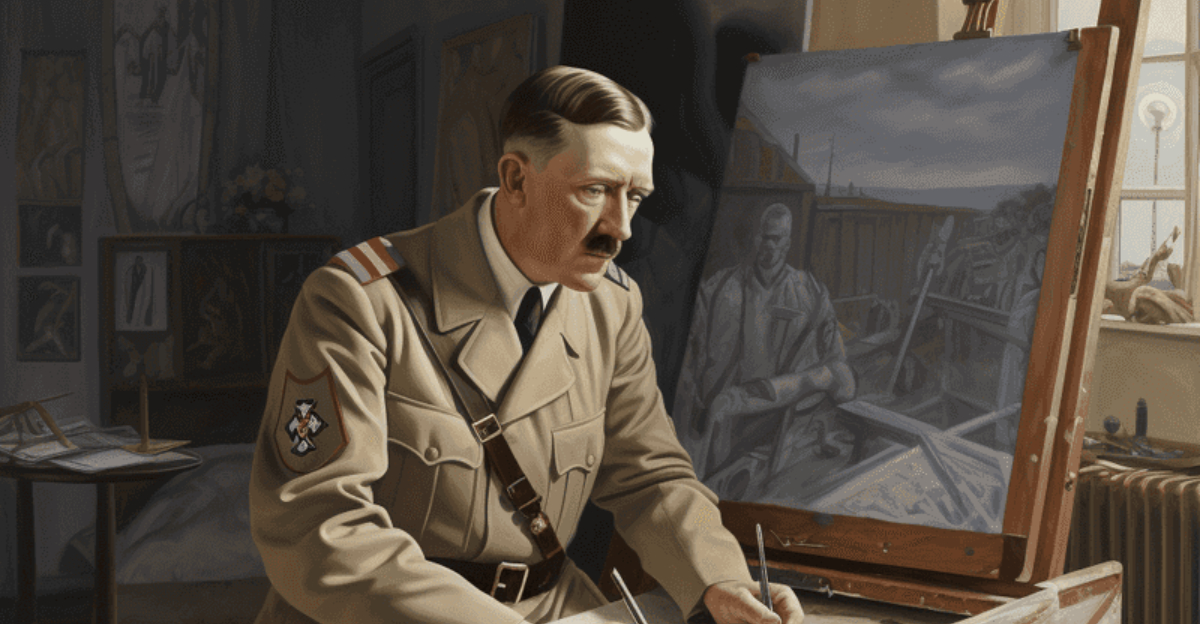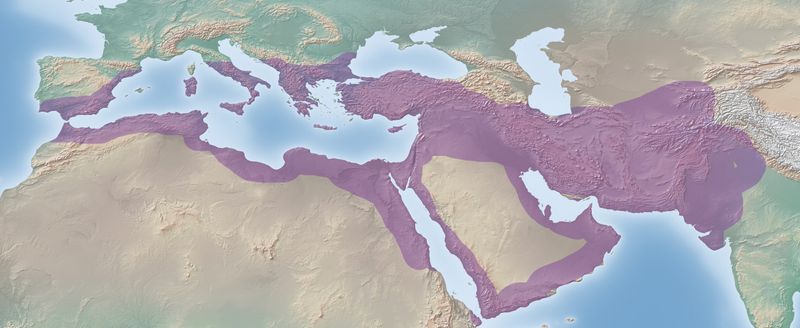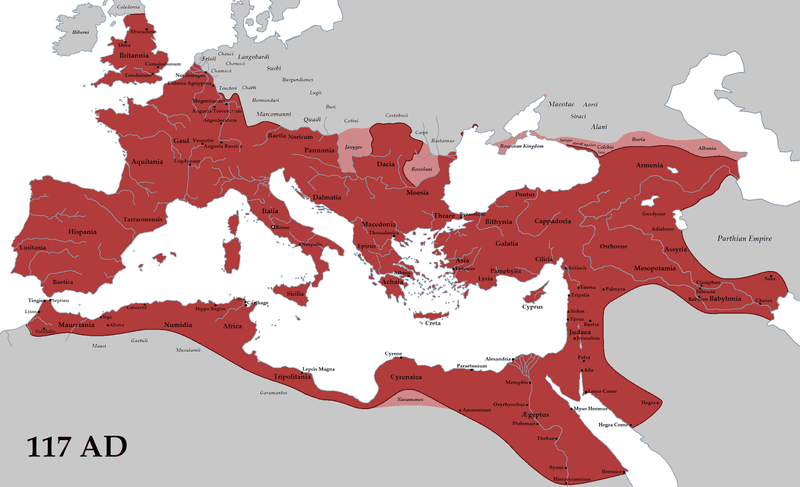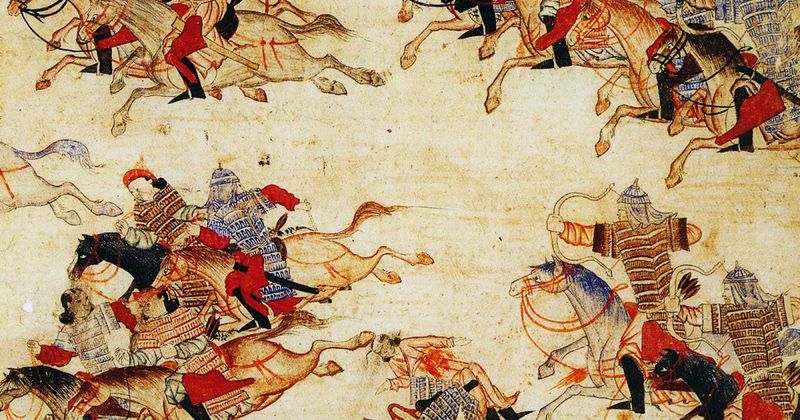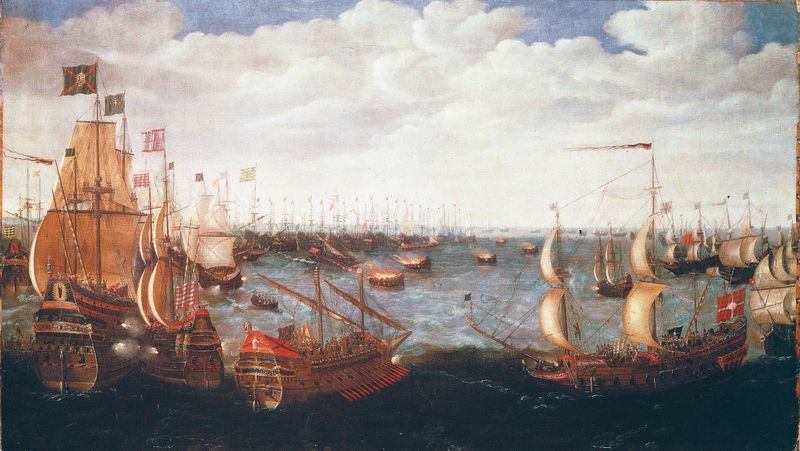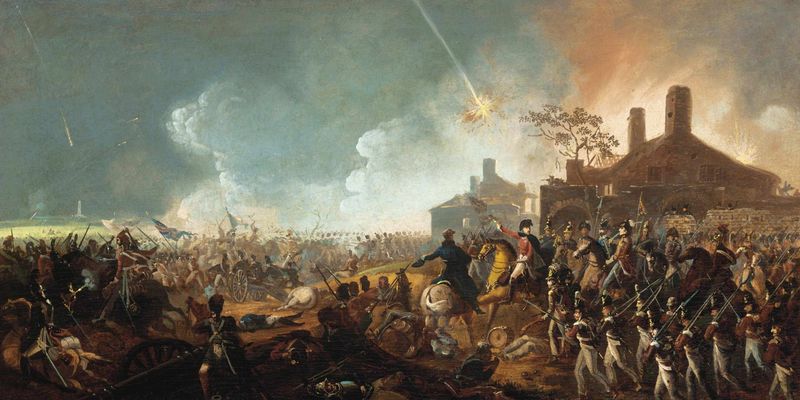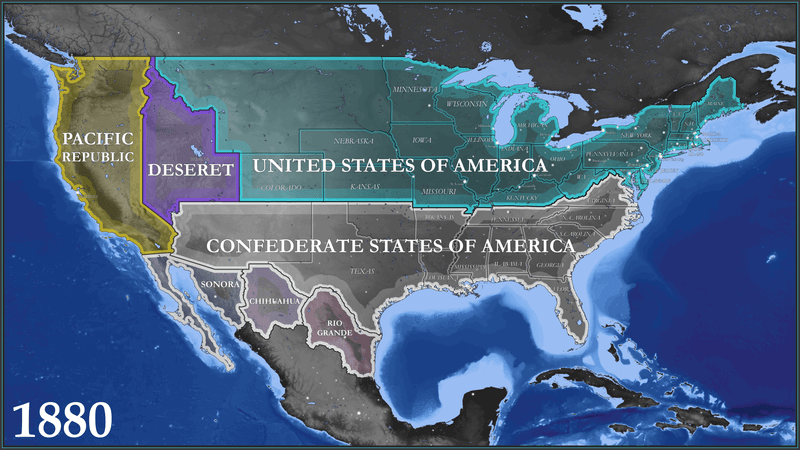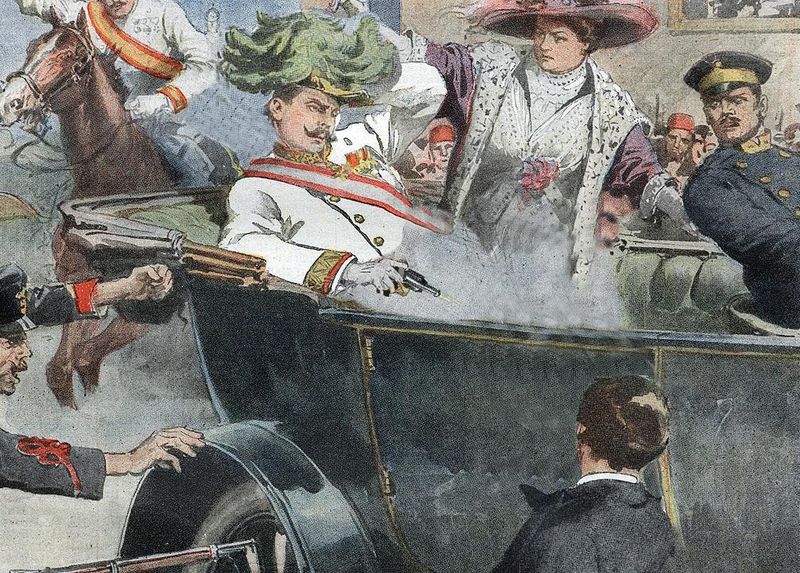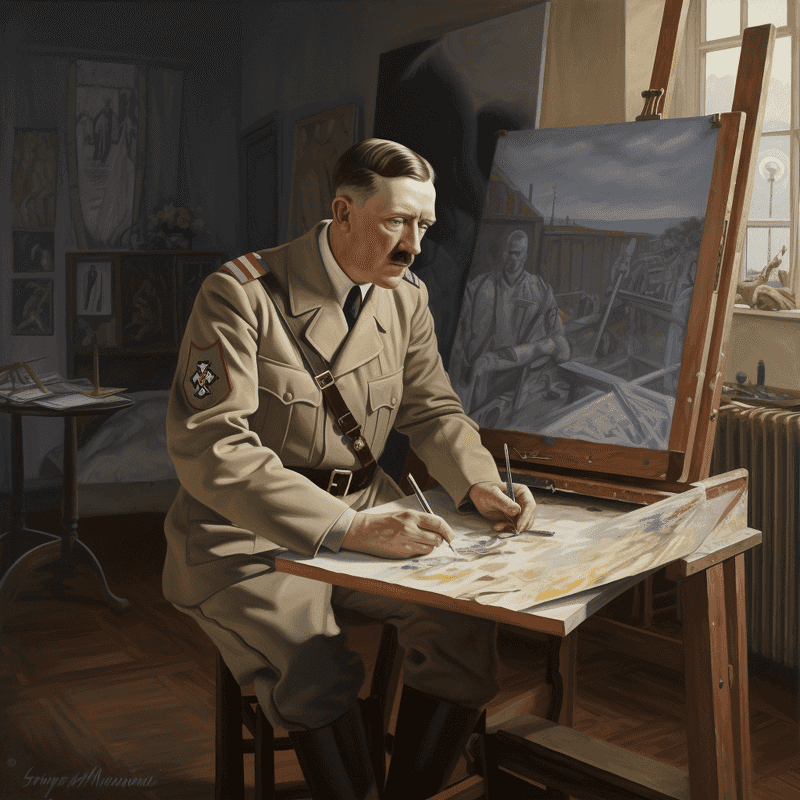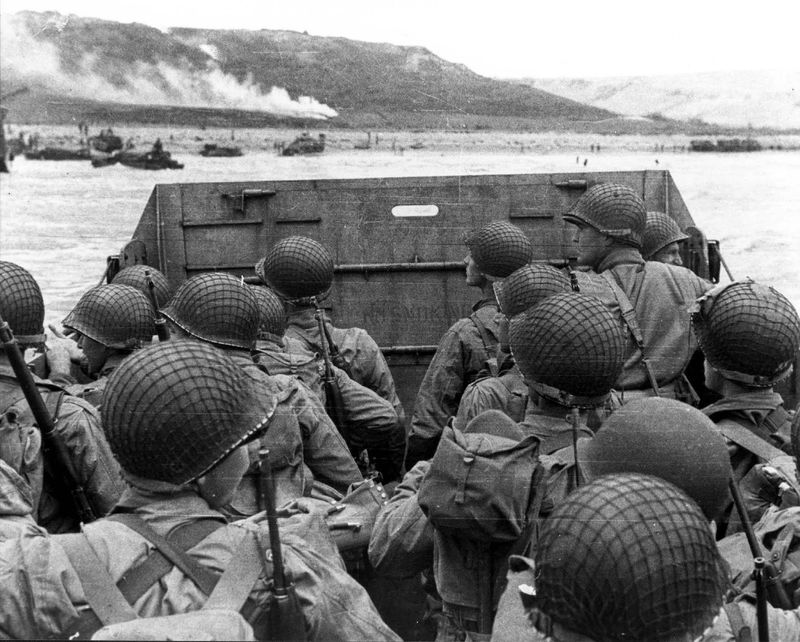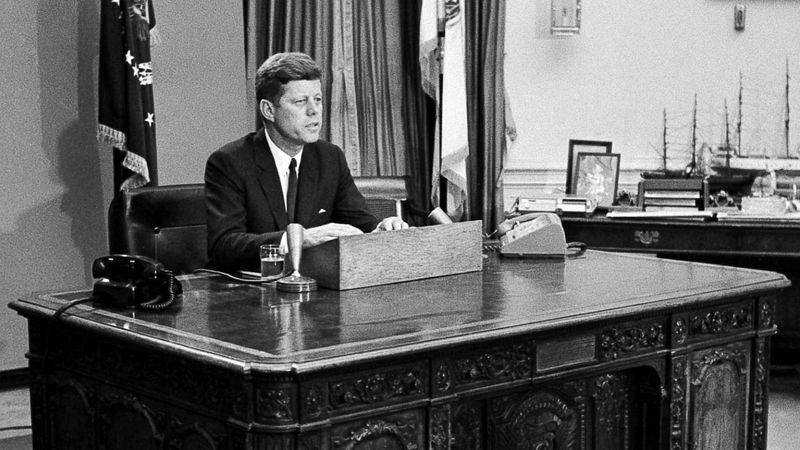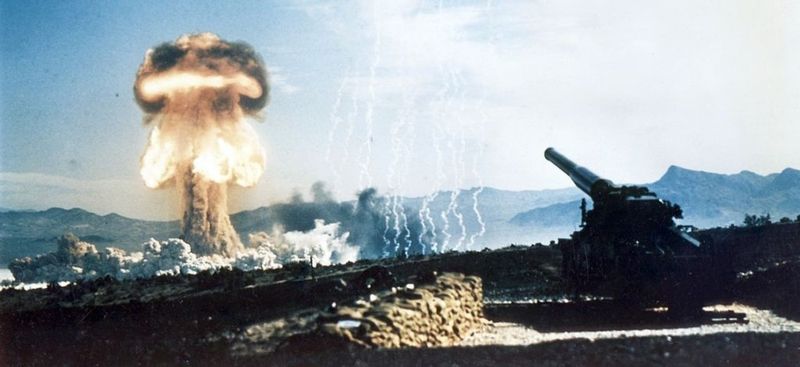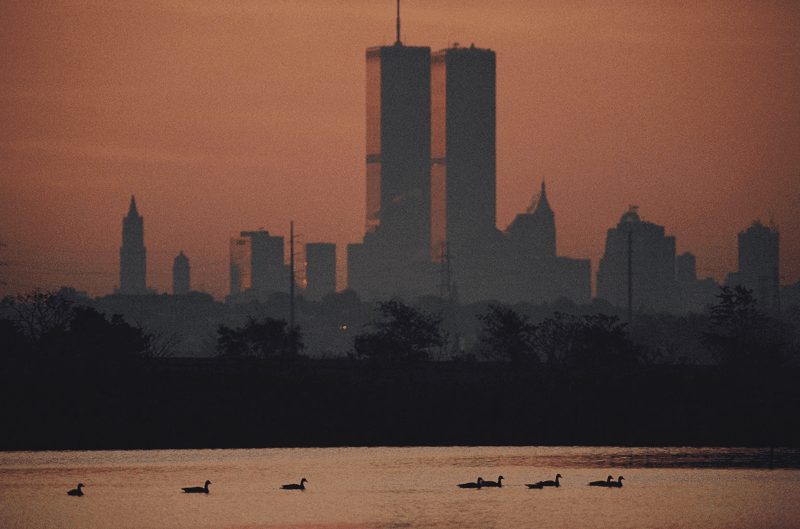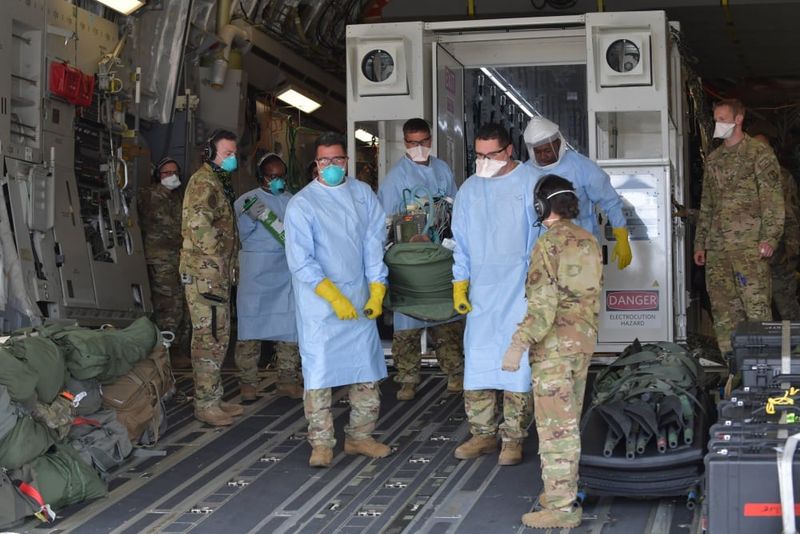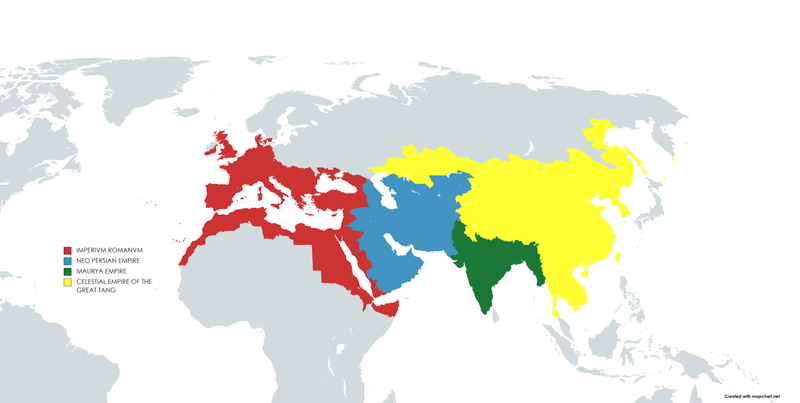Explore a world of possibilities with these intriguing ‘What If’ scenarios that could have dramatically altered the course of history. From extended empires to unrealized wars, each moment presents a captivating glimpse of an alternate reality.
1. What If Alexander the Great Had Lived Longer?
At the youthful age of 32, Alexander the Great left this world unbeaten in battle. His strategic genius could have pushed the boundaries of civilization further into Western Europe or deeper into India. A longer reign might have seen the fusion of diverse cultures under a single rule, reshaping our understanding of global history. His untimely death left many ‘what ifs’—an enduring legacy of unfulfilled potential.
2. What If Rome Never Fell?
A scenario where Roman Empire, never succumbing to barbarian invasions or internal decline could have spared Europe from the daunting shadows of the Dark Ages. Technological and cultural advancements might have accelerated, paving a smoother path to modernity. The intricate web of Roman laws and governance could have laid a foundation for a unified European identity, centuries ahead of its time. The fall of Rome marked a pivotal shift, but what if it had never happened?
3. What If the Mongols Conquered Europe?
In 1241, the Mongols halted their European campaign following Ögedei Khan’s demise. Consider a world where this formidable force continued its conquest. Europe might have become a frontier of the vast Mongol Empire, deeply influencing its culture and politics. The fusion of Eastern and Western traditions can only be speculated. This relentless march across Europe stands as a turning point, a moment where history could have veered dramatically into a new direction, blending civilizations in unforeseen ways.
4. What If the Spanish Armada Had Succeeded (1588)?
The defeat of the Spanish Armada marked a definitive shift in naval power. Imagine if the Spanish had triumphed, reasserting Catholic dominance over Protestant England. The British Isles could have seen a blend of Spanish influence, altering the course of British colonial ambitions. The repercussions might have echoed across the Atlantic, changing the face of New World exploration. This naval conflict was more than just a battle; it was a moment that could have redefined continents and beliefs.
5. What If Napoleon Won at Waterloo (1815)?
Napoleon’s defeat at Waterloo is a cornerstone of European history. Yet, envision a different outcome, where his tactical brilliance secured victory. The French Empire might have expanded its reach, delaying the unification of Germany and altering the political landscape of Europe. A prolonged Napoleonic era could have influenced global ideologies, economics, and international relations, crafting a vastly different 19th century. Waterloo remains a symbol of possibility—an alternate path not taken.
6. What If the South Won the American Civil War?
The American Civil War forged the United States into a unified nation. But what if the South had emerged victorious? The Confederate States might have stood as a separate entity, leading to a fragmented North America. Slavery could have persisted, leaving a painful legacy on societal progress and human rights. The geopolitical dynamics of the Western Hemisphere would be unrecognizable today, reflecting deep divisions and missed opportunities for unity and justice.
7. What If Archduke Franz Ferdinand’s Driver Didn’t Take a Wrong Turn (1914)?
The assassination of Archduke Franz Ferdinand ignited the flames of World War I. Visualize a world where his driver never took that fateful wrong turn, sparing his life. This small change might have delayed or even prevented the outbreak of war, altering the subsequent rise of totalitarian regimes and global conflicts. The narrative of the 20th century could have unfolded in peace rather than through the turmoil of two world wars. A simple twist of fate with far-reaching consequences.
8. What If Hitler Was Accepted Into Art School?
Adolf Hitler’s rejection from the Vienna Academy of Fine Arts redirected his path toward infamy. Imagine an alternate reality where he was accepted, immersing himself in the world of art. Perhaps he would have become a notable artist, his canvas replacing the battlefield. The horrors of the Holocaust and World War II might have been averted, replaced by exhibitions and cultural contributions. This single acceptance letter could have rewritten history, offering a different legacy for humanity.
9. What If the Allies Lost D-Day (1944)?
The success of D-Day was a turning point in World War II. But what if the Allies had failed to secure the beaches of Normandy? Nazi Germany might have regained strength, prolonging the war and potentially altering its outcome. Advanced weaponry could have been developed, shifting the balance of power in Europe. The post-war world, as we know it, could have taken a drastically different shape, with the specter of a totalitarian regime looming large over the continent.
10. What If JFK Wasn’t Assassinated (1963)?
The assassination of John F. Kennedy cast a long shadow over America. Consider a world where he survived, continuing his presidency. His vision might have steered the nation towards a different path in Vietnam, avoiding deeper military entanglement. Early efforts for détente with the Soviet Union could have reshaped Cold War dynamics, fostering a more peaceful global climate. The civil rights movement might have gained momentum with his support, transforming societal progress.
11. What If the Cuban Missile Crisis Went Hot (1962)?
The Cuban Missile Crisis brought the world to the brink of nuclear war. Reflect on a scenario where negotiations failed, leading to catastrophic conflict. Major cities might have faced annihilation, reshaping the geopolitical landscape. The Cold War’s trajectory could have been dramatically altered, with long-lasting impacts on international relations. The fragility of peace and the ever-present threat of nuclear devastation stand as a reminder of the fine line between diplomacy and disaster.
12. What If the Internet Was Never Declassified?
The declassification of ARPANET paved the way for the internet revolution. Imagine if it had remained a military secret, isolated from public use. The explosion of digital connectivity and global communication might have been stifled, delaying technological advancements by decades. Society’s reliance on the internet, from social interactions to commerce, would be unrecognizable. The digital age, as we know it, hinged on this pivotal decision—an unseen world of potential connections remaining untapped.
13. What If 9/11 Never Happened?
The events of September 11, 2001, reshaped global politics and security. Imagine a world where these attacks were thwarted, sparing thousands of lives and averting the War on Terror. The absence of the Patriot Act might have preserved civil liberties, and the Middle East’s geopolitical landscape could have evolved differently. The ripple effects of that fateful day continue to influence international relations, security policies, and societal perceptions, a potent reminder of vulnerability and resilience.
14. What If COVID-19 Was Contained Early?
The COVID-19 pandemic has left a profound impact on the world. Envision an early containment scenario, where swift action by global health authorities stemmed the outbreak. Millions of lives could have been saved, and economies spared the destructive force of prolonged lockdowns. The political landscape might have shifted, with populist and anti-science movements losing their momentum. This health crisis, marked by its unprecedented challenges, serves as a testament to the importance of preparedness and collaboration.
15. What If a Different Superpower Dominated?
History is a tapestry of power shifts and dominance. Imagine if the Ottoman Empire never declined or if the Aztecs repelled the Spanish conquistadors. Perhaps the Soviet Union emerged victorious in the Cold War, shaping a new global order. Each possibility presents an alternate reality, where cultural, economic, and political dynamics differ vastly from our current world. The ebb and flow of empires remind us of the delicate balance of power and the endless potential for change.
